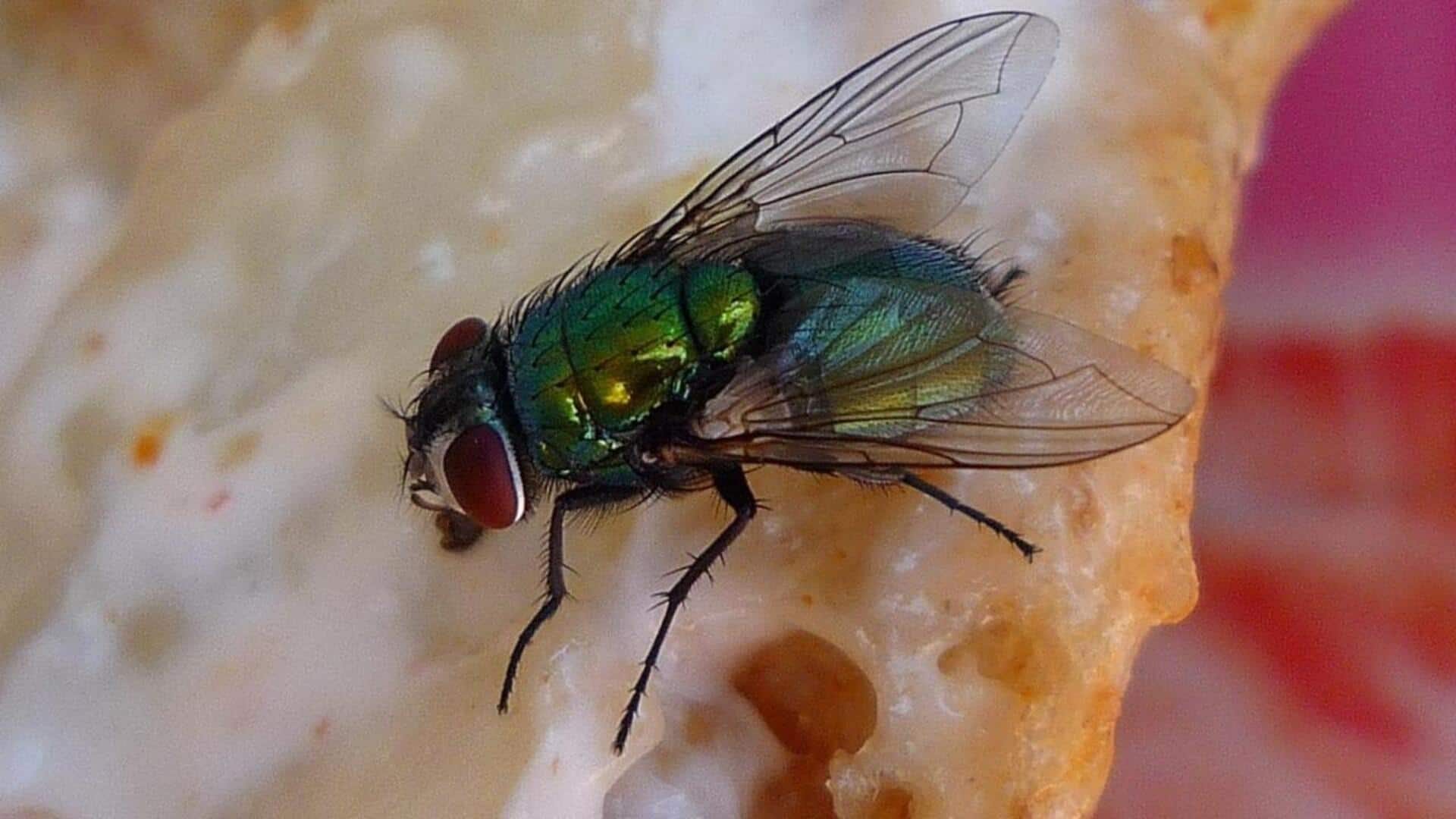
Scientists genetically modify common fly to eat more human poop
What's the story
A team of scientists from Sydney's Macquarie University in Australia is genetically modifying black soldier flies to increase their consumption of human waste. The project, led by Dr. Kate Tepper, aims to produce ingredients for biofuels, lubricants, and high-grade animal feeds. "We are heading toward a climate disaster, and landfill waste releases methane. We need to get that to zero," said Tepper.
Waste solution
Genetically modified flies: The next frontier in waste management
Dr. Maciej Maselko, who runs an animal synthetic biology lab at Macquarie University, believes insects will be the "next frontier" in dealing with the planet's waste management problem. Currently, about 1 billion tons of food waste are produced annually. Black soldier flies, found on all continents except Antarctica, can consume waste faster than microbes and their larvae can eat double their body weight a day.
Business venture
Commercializing genetically engineered flies for waste management
The university team has established a spin-off company, EntoZyme, to commercialize their work. They aim to have the first genetically engineered flies ready for use in waste facilities by year's end. As part of the engineering process, these flies can be given weaknesses - such as an inability to fly - that render them unviable outside a waste processing facility.
Pollution management
Genetically engineered flies: A potential solution for pollutants
The genetically engineered flies could also produce enzymes used in animal feeds, textiles, and pharmaceuticals, and fatty compounds for biofuels and lubricants. Some flies could even consume contaminated waste, leaving behind excrement that could be used as fertilizer. According to Dr. Tepper, flies can be engineered to deal with pollutants in several ways, including reducing them into less toxic or inorganic compounds or accumulating some pollutants into their bodies that can then be separated.
Scientific publication
Research on genetically engineered flies published in journal
The research and proposal by the team from Macquarie University have been published in the journal Communications Biology. This work outlines their initiative to genetically engineer black soldier flies to consume more organic waste, thereby reducing methane production. The project also aims to produce valuable byproducts such as enzymes for animal feeds, textiles, pharmaceuticals, and fatty compounds for biofuels and lubricants.